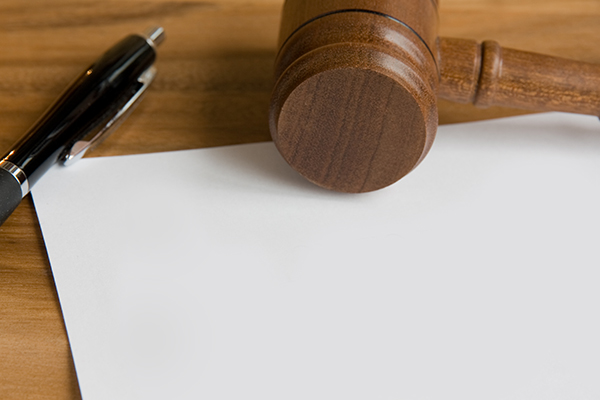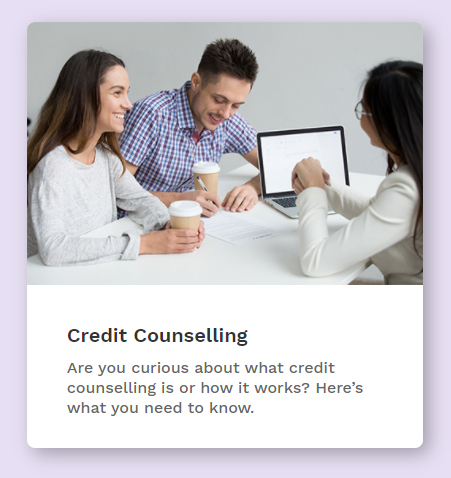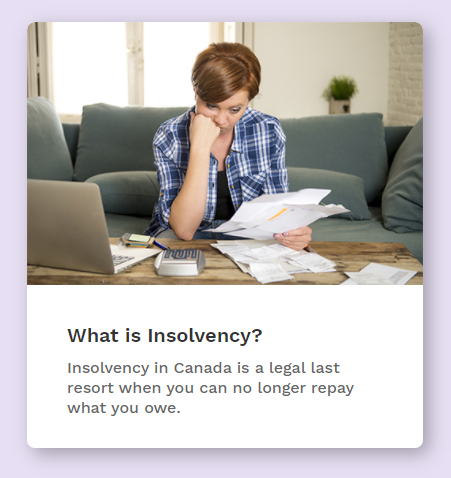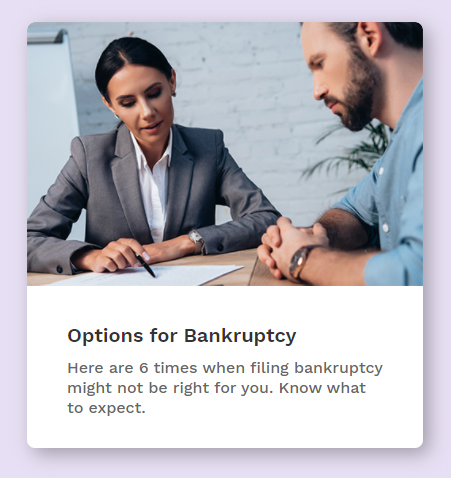How Bankruptcy Works
Step 7: Attend Bankruptcy Counselling Sessions
Attend Two Bankruptcy Counselling Sessions
Learn How to Budget and Manage Credit
Part of obtaining your discharge is attending these 2 required credit and bankruptcy counselling sessions. They may be with your trustee or they may be with someone they designate. The first session is in about the 2nd month of your bankruptcy process and the second session will be scheduled at about the 6th month.
The purpose of these sessions is to help you learn how to manage your budget, future credit and financial affairs better so that you don’t find yourself in serious financial difficulty again.
Everyone who conducts bankruptcy counselling sessions must be licensed through the Bankruptcy and Insolvency Act, and have obtained the RQIC designation. This means that they are a “Registered and Qualified Insolvency Counsellor.” Obtaining the license requires writing and passing an exam and then gaining at least 100 hours of supervised bankruptcy counselling experience.
A Common Question About Bankruptcy Counselling
Continue on to steps 8-9: The Bankruptcy Discharge Process is Commenced. Once you meet the discharge requirements and make any surplus payments the OSB will grant you automatic, conditional or suspended discharge and give you a certificate of bankruptcy discharge. If you do not meet the requirements discharge can be refused.
Related Articles
Contact us Today for More Information About Bankruptcy Counselling and Alternatives
If you’re struggling to pay your debts and need more information about bankruptcy counselling or bankruptcy alternatives, contact us today. One of our credit counsellors will answer your questions and provide you with guidance and information so that you can make an informed decision.
Related Topics

Credit Counselling
Are you curious about what credit counselling is or how it works? Here’s what you need to know.

What is Insolvency?
Insolvency in Canada is a legal last resort when you can no longer repay what you owe.

Options for Bankruptcy
Here are 6 times when filing bankruptcy might not be right for you. Know what to expect.



